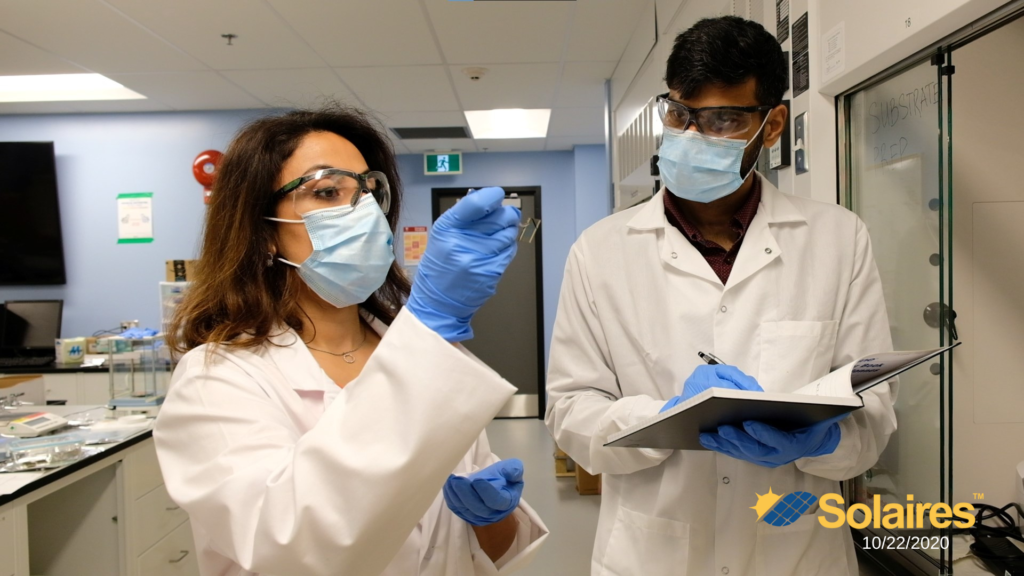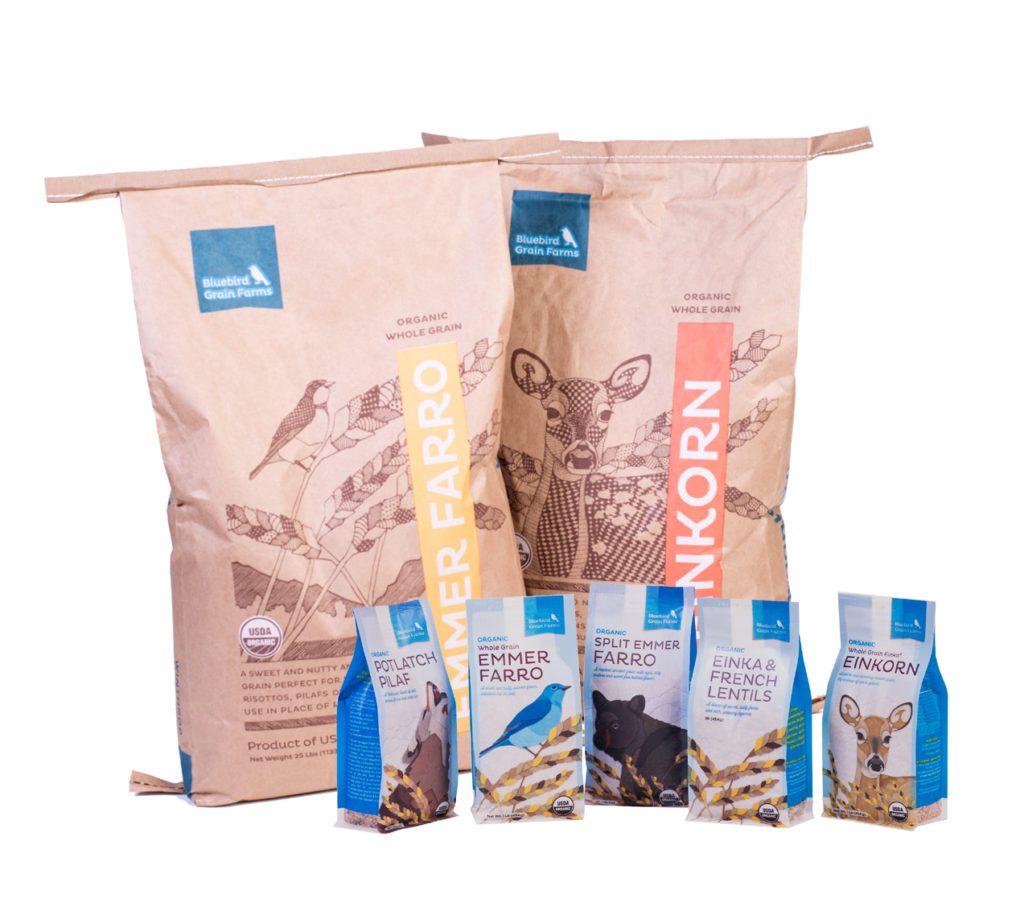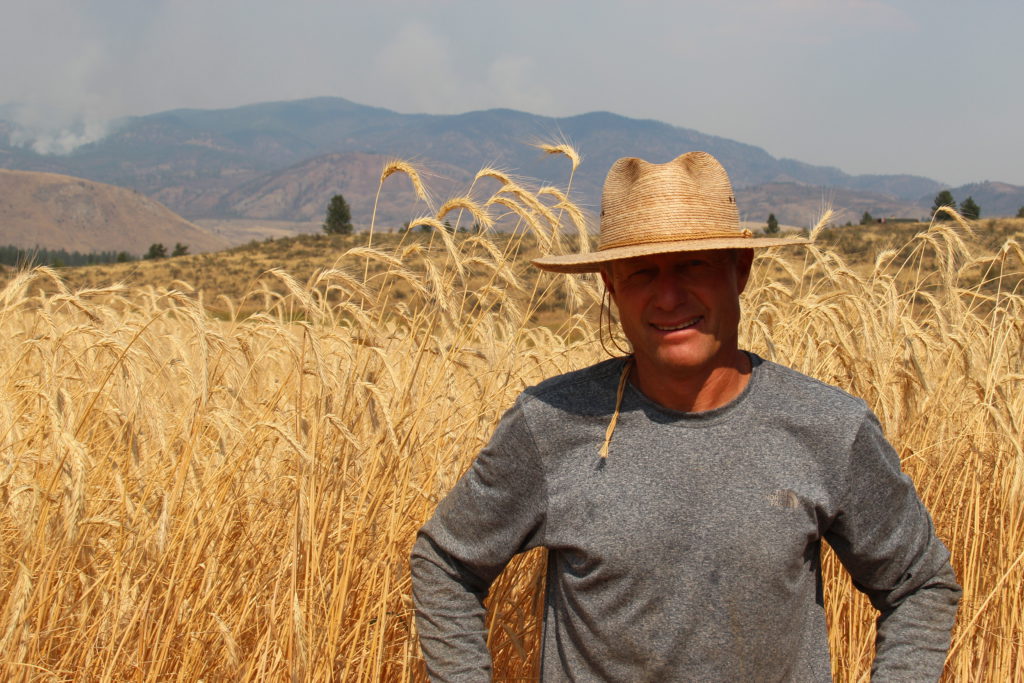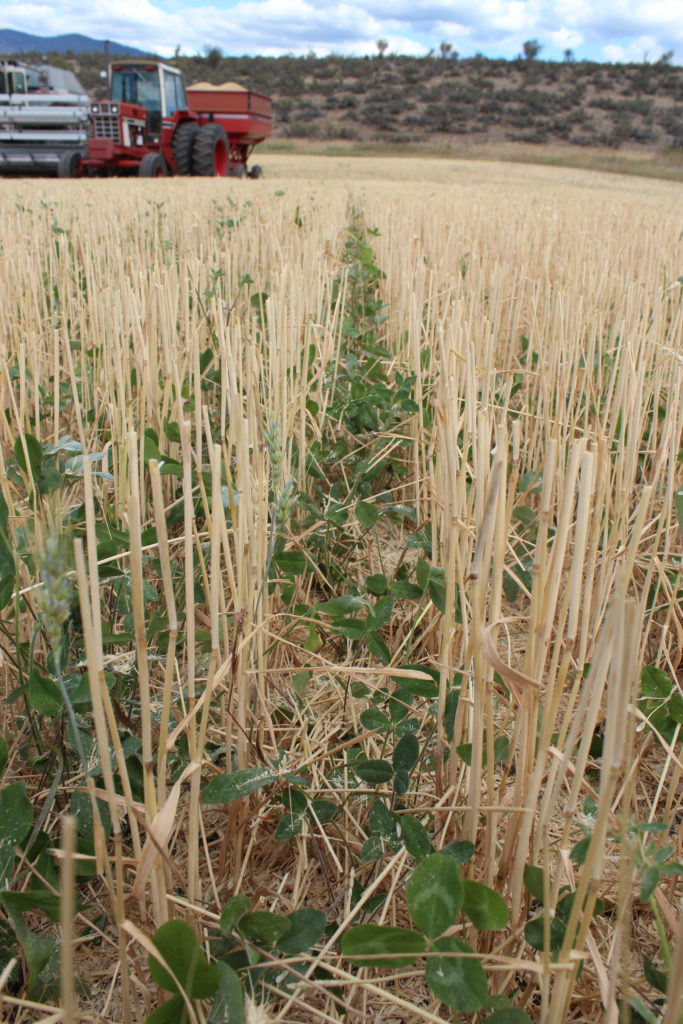Electric vehicles offer a more sustainable alternative to gas-powered cars. However, the lithium required to power their batteries are often mined in a way that’s not socially or environmentally conscious. And once these batteries aren’t needed anymore, they can sit unused, but with a lot of energy left in them. Moment Energy is harnessing the potential of these batteries.
Moment Energy is an impact-driven energy storage company, which participated in Spring Activator’s National Impact Investor Challenge. We spoke with Edward Chiang, Co-Founder & CEO, about why Moment Energy got started and the exciting projects they’re working on.
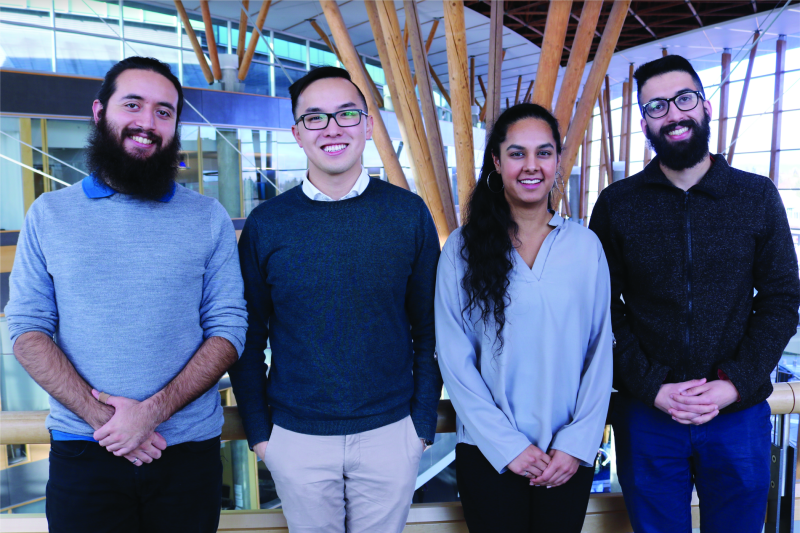
Tell us about Moment Energy’s mission.
Our mission is to ensure that all electric vehicle batteries are responsibly disposed of. The reason why this is a problem is because lithium recycling isn’t profitable, costing taxpayers thousands of dollars to get rid of a single electric vehicle once the driver is done with it. With that being said, unfortunately, only about 5% of all electric vehicle batteries are being recycled responsibly, with most of them ending up on shelves or in landfills.
However, we found out there’s an average of 80% life left in these batteries, so instead of prematurely recycling these batteries, they can be taken out of the vehicle and repurposed and reformatted into something that’s usable for the home or for commercial buildings. This helps people reduce their diesel consumption, lower their utility bills, and decrease their environmental footprint.
We also aim to ensure no new lithium is required to be mined for stationary storage applications because we try to reduce the negative environmental and social impacts happening across the world with lithium mining.
What inspired you to start Moment Energy?
For myself, while living for four months in a small town called Deep River (just north of Ottawa), doing some nuclear energy research for the Canadian government, I realized how even being two hours north of a big city, a lot of Canadians don’t have access to reliable energy. Ottawa was hit with a tornado, and out of power for four hours, while Deep River was out for 24 hours – something I was told was normal for them; they often lacked power for a week at a time, if not longer.
As we dug deeper, we found that Canadians – Indigenous communities, especially – are very diesel-dependent. The government spends tens of millions dollars on shipping fuel just to keep lights on, but a lot of remote communities don’t want diesel. They want to wean off diesel, but solar and wind power are too intermittent. That’s why energy storage is needed to decrease their fuel usage, and hopefully, even replace the diesel generators one day.
In terms of the founding members of Moment Energy, we’re a group of four best friends who met each other in our engineering program at Simon Fraser University. Here, we worked on a variety of projects, including building and designing an electric race car from scratch. From there, we started a mental health company, trying to commercialize neurostimulation devices, and soon pivoted to Moment Energy because we realized the skillset and passion for electric vehicles and renewable energy was something we all had in common. That’s how we got started in January 2020.
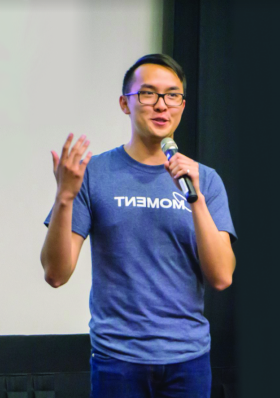
What were some of the challenges you encountered?
The first challenge we faced was the COVID-19 pandemic hitting when we were only a company for three months. We were new, but it was lucky that we were new because we weren’t in the middle of manufacturing a lot. During this time, there were some markets that were closed off and we decided to pivot away from, such as Vancouver’s film industry and outdoor events that use diesel generators that can be loud, a pollutant, and unsafe.
Over the past year, we addressed the off-grid residential market, which is still diesel dependent, but now they’re off-grid and they own their own energy. Now, we’re going to the off-grid and on-grid commercial markets as well.
The second challenge we’ve recently faced is supply chain issues. Everywhere in the world experiences it. The Suez Canal incident was one thing, but essentially for anything hardware-related, the prices have just gone up, mainly because of the whole supply chain shortage. For us as a hardware company that develops batteries, it presents delays.
However, it was a good learning curve for us – we definitely know how to better position ourselves on the supply end and better prepare for any delays that are going to be there in the future.
What do you consider Moment Energy’s biggest success?
Our biggest success is our three projects that we’ve deployed over the past year. These three projects are off-grid residential applications, but not just a cabin or a home. Some of them are mansions in the middle of the woods or on an island, so they use a lot of energy. The three projects were in Winnipeg, Quadra Island in British Columbia, and Edmonton.
It was really fulfilling to live on some of these sites for a couple days during installation to see everything get powered by our batteries: lights, TV, the fridge, etc. We were really happy about those successes and proud of Moment Energy.
Overall, we’ve grown incredibly quickly. Six months ago, we were still in one of our co-founder’s garage. Then, we moved into a small, warehouse sharing type model, and now we have our own facility. It all happened in six months. Recently, we also closed our seed round for $3.5 million.
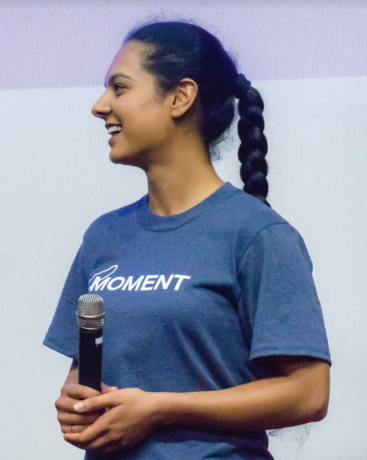
What makes your organization unique?
We’re significantly more affordable, thereby allowing greater access to high quality, lithium-based energy storage to a lot of these markets that need it. As well, we have higher discharging capabilities with our batteries compared to traditional lithium.
Another thing that makes us unique is our environmental impact. New lithium is not required to be mined for our batteries which helps circumvent the negative social and environmental issues of mining. And then we do have a core technology overall. The core technology, in terms of why we win against any second life company, is the development of our battery match system.
How do you feel Moment Energy makes the world better?
We feel we make the world better because our method of energy storage offers a more environmentally positive solution than traditional energy storage. It’s also a safer option for our clients, as lead acid batteries, in addition to being negative for the environment, can be dangerous if you get the acid on you when topping up the batteries.
As well, our energy storage solution is a reliable alternative to renewable energy. Those who have installed solar panels or use wind energy often face sunlight or wind shortages which makes energy storage unreliable. Unfortunately, many end up having to turn to diesel generators as a back-up. So we see us fitting into the picture as sort of a hybrid approach; we install our battery, and combined with the diesel generator, we still reduce diesel consumption significantly.
Tell us about your organization’s goals.
Right now, we’re partnered with four auto manufacturers, with about three more we’re in talks with, so we’re essentially leaders in terms of partnerships for auto manufacturers. In terms of our batteries, we have developed and deployed five kilowatt hours, which is a very small application. One residential home is 14 kilowatt hours, to put in perspective. We’ve also been deploying 20 kilowatt hours for off-grid, residential homes.
Now, what we’ve just built and sent out is 100 kilowatt hours, which is about five off-grid homes or about eight on-grid residential homes. With that, we’re really addressing the more commercial-type applications, such as in the aquaculture or mining industries, where they use diesel generators and require more energy.
Another application we’re focusing on is small to medium manufacturing buildings. In provinces like Ontario and Nova Scotia and several states in the United States, they face demand charges where if you draw too much power from the grid, you will get fined hundreds of thousands of dollars. Our batteries can provide necessary juice for when they hit those peaks. We’re working to be the first commercial, second-life battery certification.
Our big, hairy, audacious goal is to ensure all electric vehicle batteries are repurposed by 2030 and that we would have a part in all that. And really, we want to make clean, reliable and affordable energy for all.
Are there any upcoming initiatives or projects you’d like to share?
Right now, a lot of our projects are in the works in the short term. For example, we’re sending our battery pack to Dalhousie to do testing. We’re working with the Verschuren Centre right now to lock down an off-grid site to deploy our battery pack there, as well as working in Nova Scotia to work on on-grid projects with other companies too. Other BC-related projects are focused on the springtime.
What do you most want people to know about Moment Energy?
First and foremost, Moment Energy is a company that puts people first. Without our strong and passionate team, we would not be able to make meaningful environmental and social change for others.
We’re a cleantech company with a mission to change the way people view sustainable businesses. We’re providing an energy storage solution that is not only reliable, but environmentally sustainable. This speaks to how all products should be designed.
How can people help or contribute to Moment Energy’s mission?
Spread the word about us! We are always looking for project opportunities and new talent to join our team. The best way to contribute is to talk about what we’re doing (battery repurposing) and recommending our solution (energy storage).
This story was featured in the Make The World Better magazine:
Dive into another inspiring story:
- Bluebird Grain Farms: Cultivating for the Next Generation
- Canadian Organic Growers: Advocating for an Organic Future
- Cascadia Seaweed: Making a Splash to Make the World Better
- Ecosystem Services Market Consortium: Improving Soil Health
- EMKAO Foods: Transforming the Economy with Every Cocoa Bean
- Nada Grocery: Going Package-Free to Save the Planet
- ReFeed Canada: Securing Sustainable Food Systems
- Solaires: Illuminating Good with Affordable Solar Solutions
